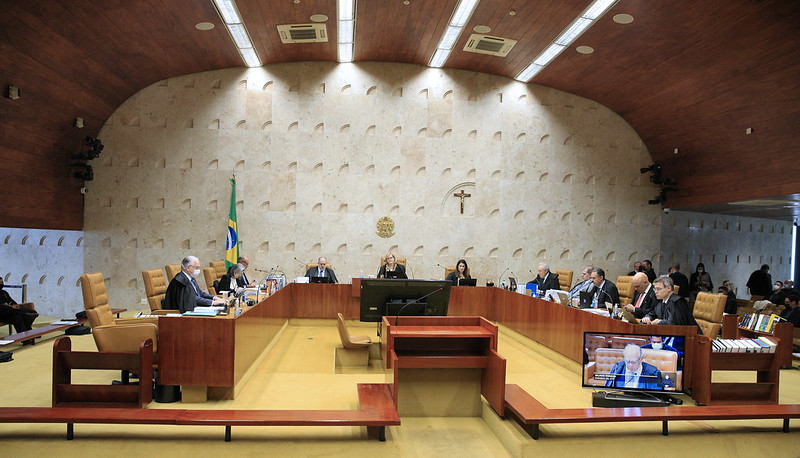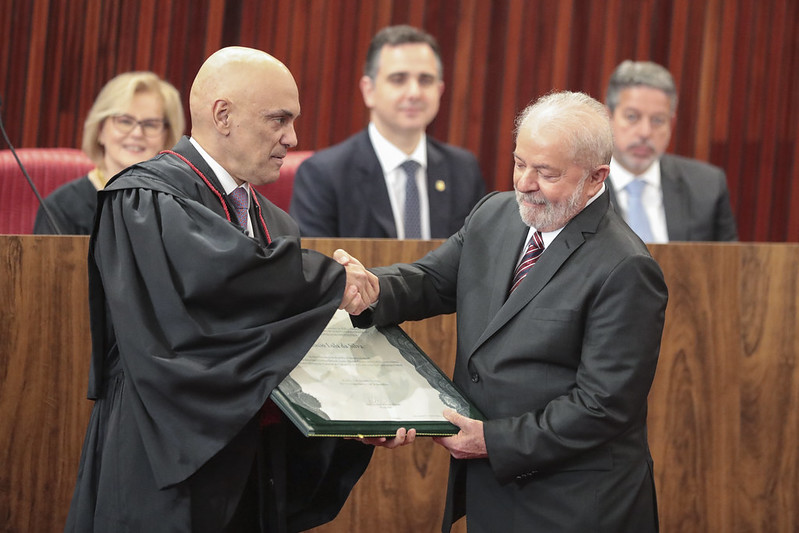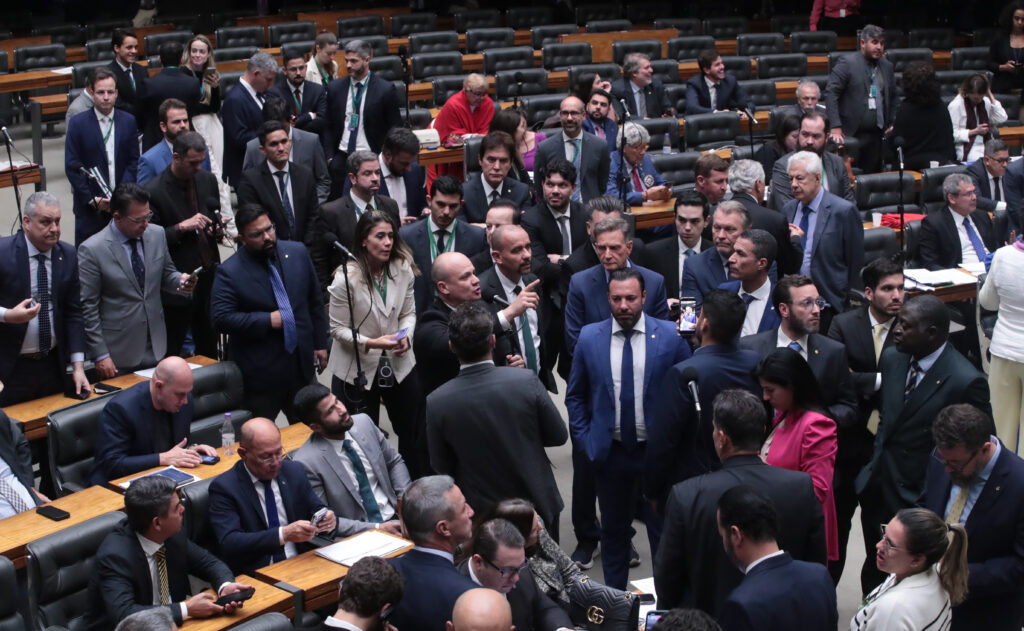São Paulo, Brazil — Brazil’s Supreme Court ruled the country’s “secret budget,” a shadowy scheme created by President Jair Bolsonaro’s administration to buy support from congressmen, is unconstitutional. As a result of the decision, the government and congress will no longer be able to use the secret budget as a form of political bargaining.
In 2019, the Bolsonaro administration, with the support of the majority of congress, created a new model of parliamentary amendments, called rapporteur amendments. The amendments allow deputies and senators to send money from the national budget to their home states and cities.
In normal practice, these requests from legislators are constitutional and usually are allocated to projects involving local health, development and education initiatives. But with the rapporteur amendments, the process of allocating the funds had become murky, and names of parliamentarians who benefit from public funds are withheld.
This lack of transparency led Bolsonaro opponents to push for the Supreme Court to review the constitutionality of the scheme. With a vote of six to five, the judges decided to put an end to the secret budget. Leading the court’s decision was Supreme Court President Rosa Weber.
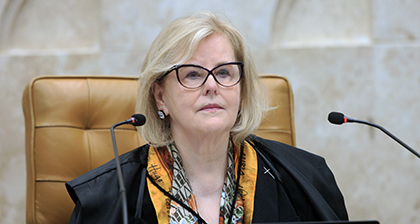
According to Weber, the secret budget disrespected the principles of isonomy and impersonality by hiding the congressmen who requested money from the slush fund, in addition to violating the publicity requirement for public acts, benefiting a restricted group of deputies and senators, allies of the government, and opening space for political bargaining.
Five judges voted with Judge Weber, forming the majority to put an end to the secret budget.
The five dissenting judges argued that the rapporteur’s amendments were constitutional, but there was a need to provide more transparency, such as divulging the names of congressmen who request resources through the budget.
A victory for President-elect Lula
During his campaign, President-elect Luiz Inácio Lula da Silva criticized the secret budget and indicated that he would like to end the scheme. Lula has called the secret budget a way of “extorting mayors and the population” and said that it “represents Bolsonaro’s submission to congress.”
But, in reality, putting an end to the secret budget wouldn’t be that simple for him, as his administration had benefited from a similar scheme during his first administration in 2005, and congress has been accustomed to the scheme for some time now.
That’s why, it would seem, Lula and his Workers’ Party (PT), had been hoping for the Supreme Court decision.
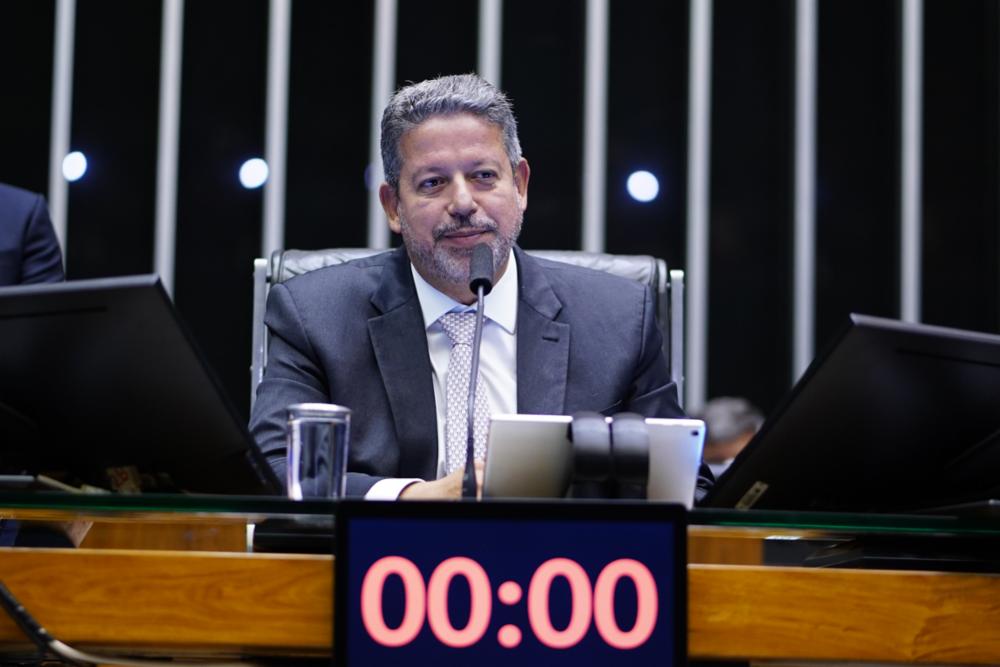
With the end of the rapporteur’s amendments, Lula’s team has already closed an agreement with the President of the Chamber of Deputies, Arthur Lira, to share the funds that had already been allocated to the secret budget in 2023: Half of the R$19.4 billion (USD $3.8 billion) will go to the legal parliamentary amendments and the other half to ministries’s expenses.
The move is an attempt by Lira, a previous proponent of the secret budget, to minimize the defeat he suffered by the Supreme Court decision. Bolsonaro’s ally, Lira is seeking re-election as the Chamber’s president in February 2023.
When asked about the Supreme Court’s decision, Lira responded, “The Chamber will continue to work for the country’s stability.” Even with the setback, he still has a lot of support to be re-elected to the Chamber’s presidency, including from Lula’s political party.


